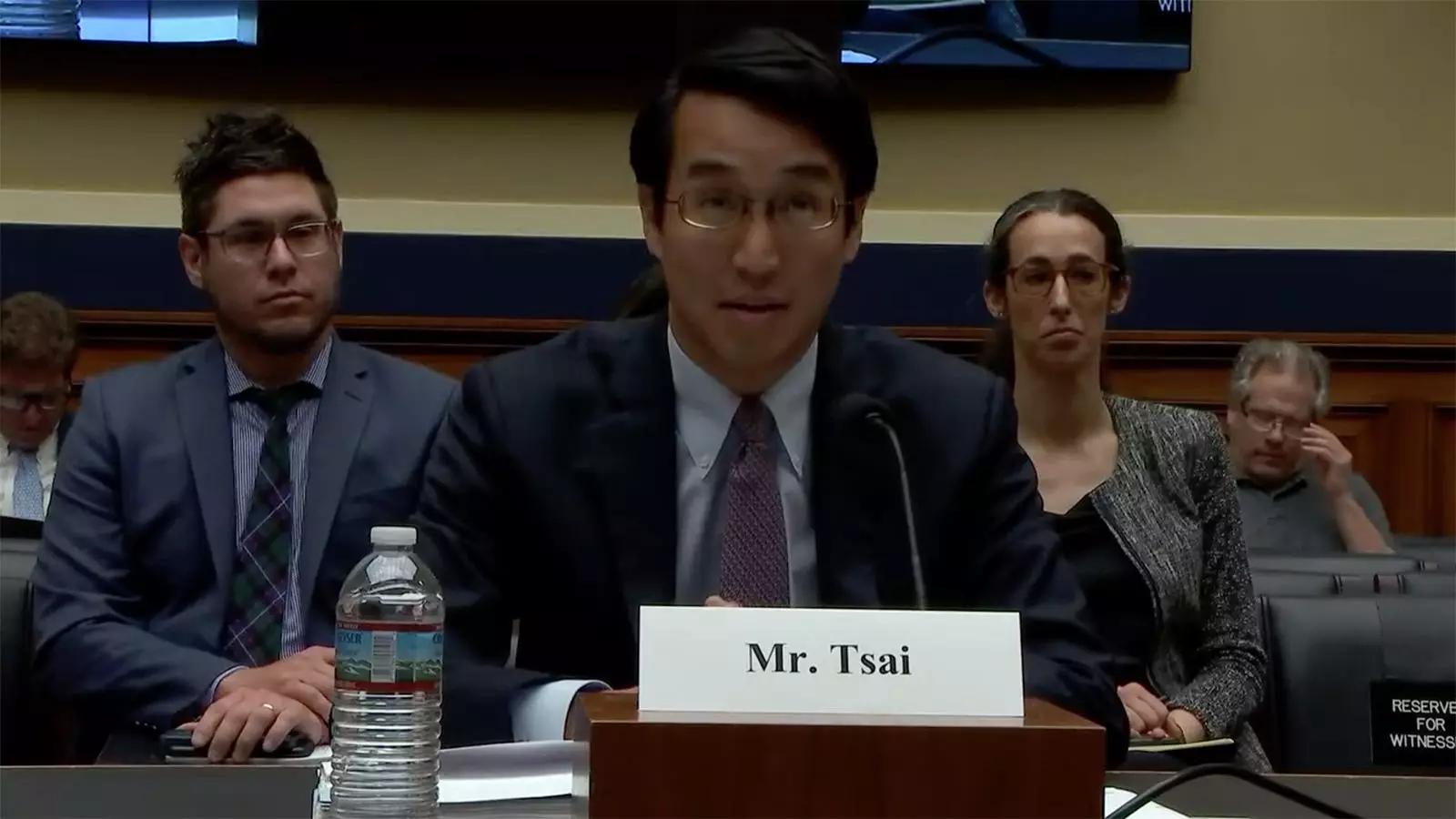The recent implementation of new Medicaid rules has sparked a wave of discontent among House Republicans, who are concerned about the implications of these rules on long-term care facilities and home care workers. The rules, which mandate minimum staffing requirements for nursing homes and higher pay for home care workers, have been met with skepticism and pushback from Republican lawmakers like Rep. Brett Guthrie and Rep. Cathy McMorris Rodgers. They argue that these rules may have unintended consequences, such as forcing nursing homes to close and reducing the level of care provided to seniors.
One of the major points of contention is the requirement for nursing homes to have an RN on staff 24/7 and to provide 3.5 hours of personalized care per resident per day. Critics like Rep. Rodgers fear that these staffing requirements may be unattainable for many facilities, leading to closures or a decrease in the number of seniors served. Similarly, the “80/20 policy” for home care agencies, which mandates that 80% of the money collected be paid directly to workers, has raised concerns about the ability of agencies to fund their operations.
In response to the backlash from House Republicans, Medicaid official Daniel Tsai defended the new rules, stating that they are necessary to ensure safe and dignified care for vulnerable populations. Tsai emphasized that the rules include provisions for facilities to implement the staffing requirements gradually and offer exceptions for nursing homes facing workforce shortages. Despite this support, Republican lawmakers have introduced bills like H.R. 7513 and H.R. 8114 to counteract the new regulations and prevent them from taking effect.
On the other side of the aisle, Committee Democrats have expressed their support for the new rules, praising the administration’s efforts to improve nursing home quality and raise wages for care workers. Rep. Anna Eshoo highlighted the importance of upholding these standards for residents in nursing homes and opposed the bills introduced by Republicans to block the rules. Additionally, lawmakers like Rep. Frank Pallone and Rep. Debbie Dingell have proposed bipartisan bills to address issues related to home- and community-based services and the transition from nursing home care to community care.
In addition to the debate surrounding the new rules, Rep. Jan Schakowsky raised concerns about the Medicaid Estate Recovery Program, which aims to collect money from the estates of deceased Medicaid recipients to cover the cost of their care. Schakowsky argued that this program is burdensome for low-income families, who often find themselves facing significant debts after the death of a loved one. She cited examples of families losing their homes due to the program and highlighted the ineffectiveness of the program, with a return rate of less than 1%.
Overall, the implementation of new Medicaid rules has sparked a contentious debate among lawmakers and officials, with conflicting views on the impact of these rules on long-term care facilities and home care workers. While some argue that the rules are necessary to improve care quality and worker compensation, others fear that they may lead to unintended consequences like closures and decreased access to care. Moving forward, it will be crucial for stakeholders to engage in productive dialogue to find solutions that balance the needs of patients, caregivers, and facilities in the Medicaid system.


Leave a Reply